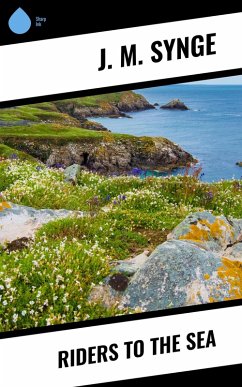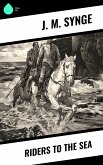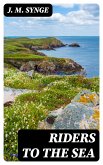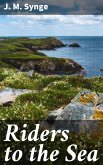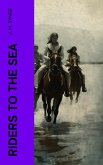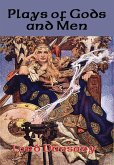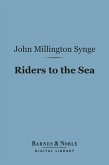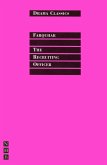J. M. Synge's "Riders to the Sea" is a poignant one-act play that delves into the harrowing lives of a fishing family on the Aran Islands, exploring themes of fate, loss, and the struggle against the unforgiving sea. Characterized by its lyrical dialogue and a stark, minimalist setting, Synge's work captures the essence of rural Irish life, rich with the cadence of the Irish language and folk tradition. The play's dramatic tension is rooted in the clash between the characters' deep-seated beliefs and the omnipresent threat of the sea, resulting in a haunting meditation on mortality and resilience amidst the harshness of nature. The historical context of early 20th-century Ireland, post the periotic Gaelic revival, profoundly influences its thematic elements and cultural nuances. J. M. Synge, an influential figure in the Irish Literary Revival, drew upon his experiences living among the Aran Islanders and studying their language, customs, and struggles. His profound empathy for the community's plight is reflected in his vivid character portrayals and the intense emotional landscape of the play. Synge believed in the power of theatre as a medium for social commentary, and "Riders to the Sea" embodies this conviction through its exploration of the human condition against a backdrop of elemental forces. This play is highly recommended for readers interested in a deep philosophical inquiry into the nature of existence and the cultural fabric of Ireland. With its succinct yet powerful narrative and emotional depth, "Riders to the Sea" is essential reading for those who appreciate classic theatre that transcends time and place, inviting reflection on human resilience in the face of adversity.
Dieser Download kann aus rechtlichen Gründen nur mit Rechnungsadresse in A, B, BG, CY, CZ, D, DK, EW, E, FIN, F, GR, HR, H, IRL, I, LT, L, LR, M, NL, PL, P, R, S, SLO, SK ausgeliefert werden.

